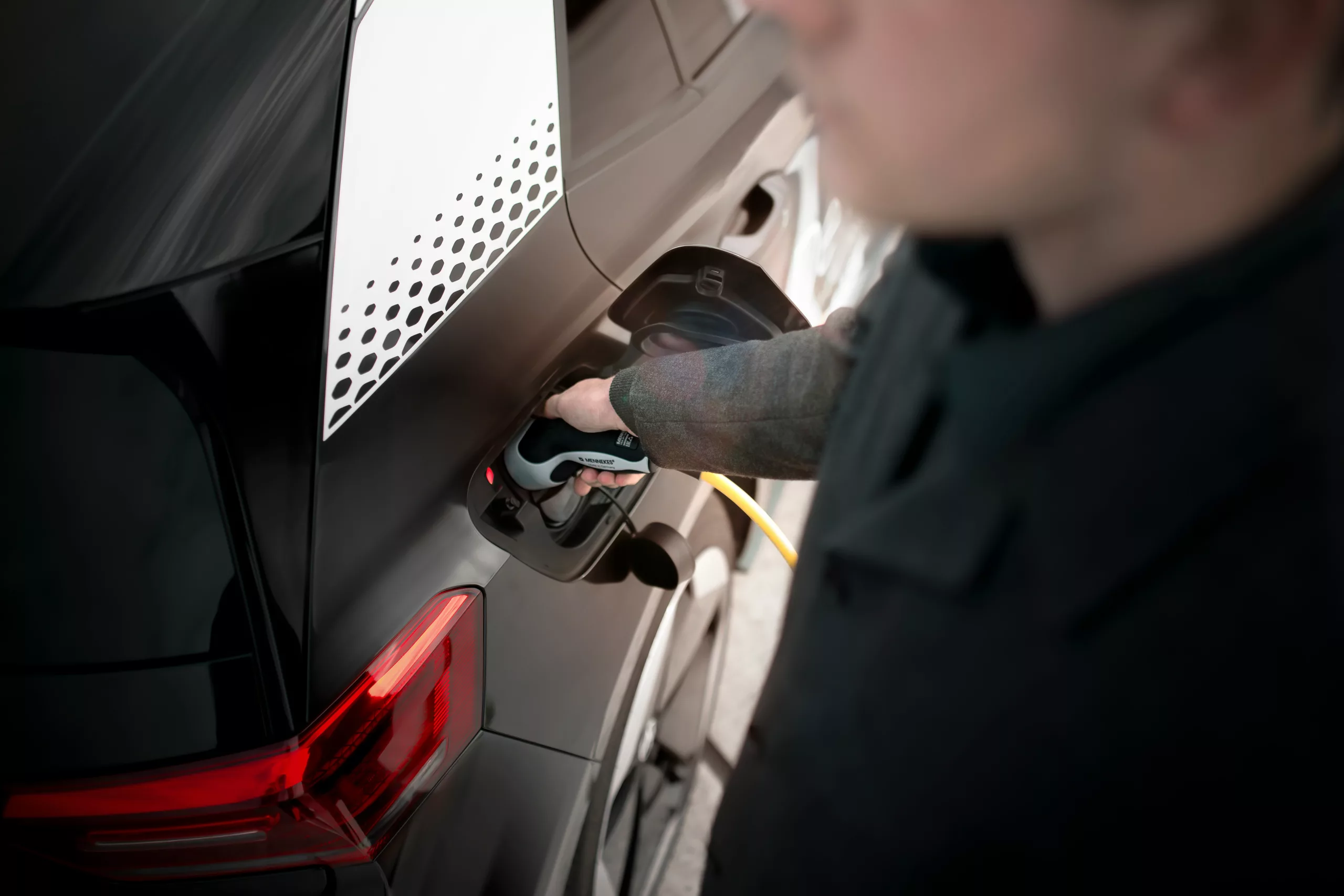Studying the transition to greener energy sources, particularly for heavy freight vehicles, has revealed a pattern of flawed assumptions and persistent errors. Despite the challenges, it’s heartening to encounter a report that responsibly navigates these complex issues – RISE Research Institutes of Sweden’s study on EU road transport and its future.
The Problematic Landscape of Hydrogen Energy Studies
An alarming number of studies in the realm of decarbonization carry the weight of unsubstantiated findings. For instance, the International Council on Clean Transportation‘s report, despite deep-rooted inaccuracies, claims minimal cost differences between hydrogen and battery-electric trucking. Similarly, the Rocky Mountain Institute‘s papers, led by a former oil and gas industry economist, don’t hold up under rigorous examination. These shortcomings are echoed across several other prominent organizations, highlighting a trend of fundamentally questionable analyses that promote hydrogen as a cornerstone energy source for heavy vehicles.
Hydrogen’s Flawed Economics and Maintenance Realities
The sheer economic infeasibility of hydrogen trucks becomes apparent when confronted with reality. Costly maintenance and refueling infrastructure just don’t stack up against the data, making the case for hydrogen for trucks tenuous at best. This conclusion is supported by empirical evidence from bus fleets that underscores high maintenance costs and inefficient hydrogen refueling practices.
An Enlightening Insight from the RISE Study
“Biofuels, hydrogen, and e-fuels are not found to have potential to significantly contribute to further GHG emissions before 2035 due to scalability and technological limitations. BEVs emerge as the only viable strategy for achieving zero tailpipe emissions at scale.”
RISE’s straightforward statement is a vindication for electric vehicles’ proponents. While decarbonizing Europe’s road transport faces numerous hurdles, biofuels and synthetic fuels are not up to the task when compared with batteries.
Deciphering the Total Cost and GHG Emissions of Road Transport
Incorporating carbon pricing into the total cost analysis brings to light the prohibitively high expenditures of biofuels and hydrogen versus battery-electric options. Not to mention, the carbon footprint of non-battery alternatives is significantly greater due to the energy-intensive movement of heavy vehicles.
The Electrification of Heavy Goods Vehicles and Infrastructure
Despite heavy goods vehicles’ historical classification as ‘hard to abate,’ the switch to electrification is closer than it seems, with charging infrastructure posing the main challenge. Electrified road systems present an economical solution, though their implementation requires strong political will.
Overall, the RISE study not only aligns with the evident superiority of batteries for heavy transportation but also helps dispel misconceptions propelled by previous biased or factually inaccurate studies.
